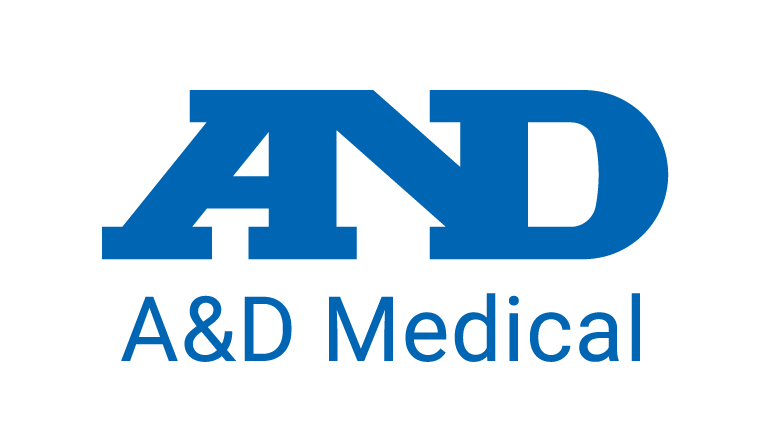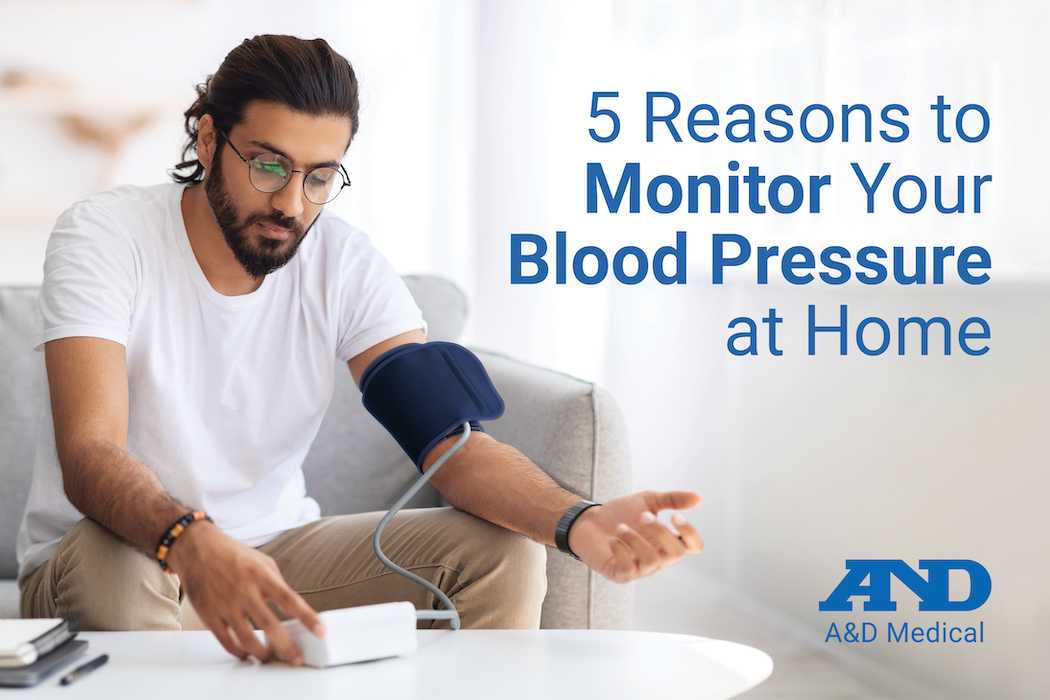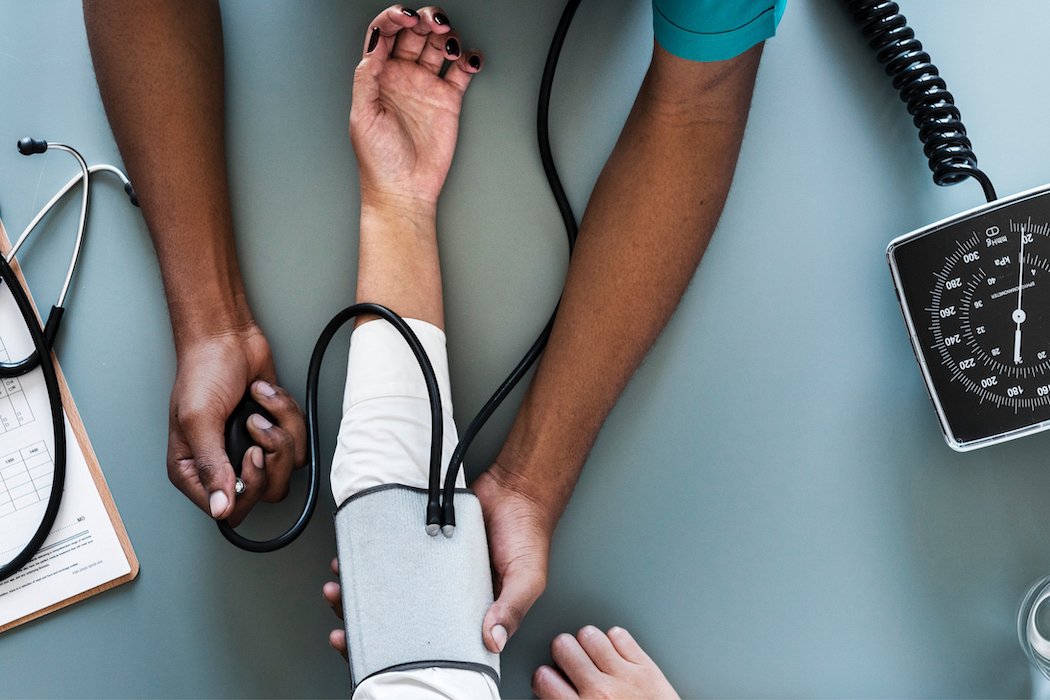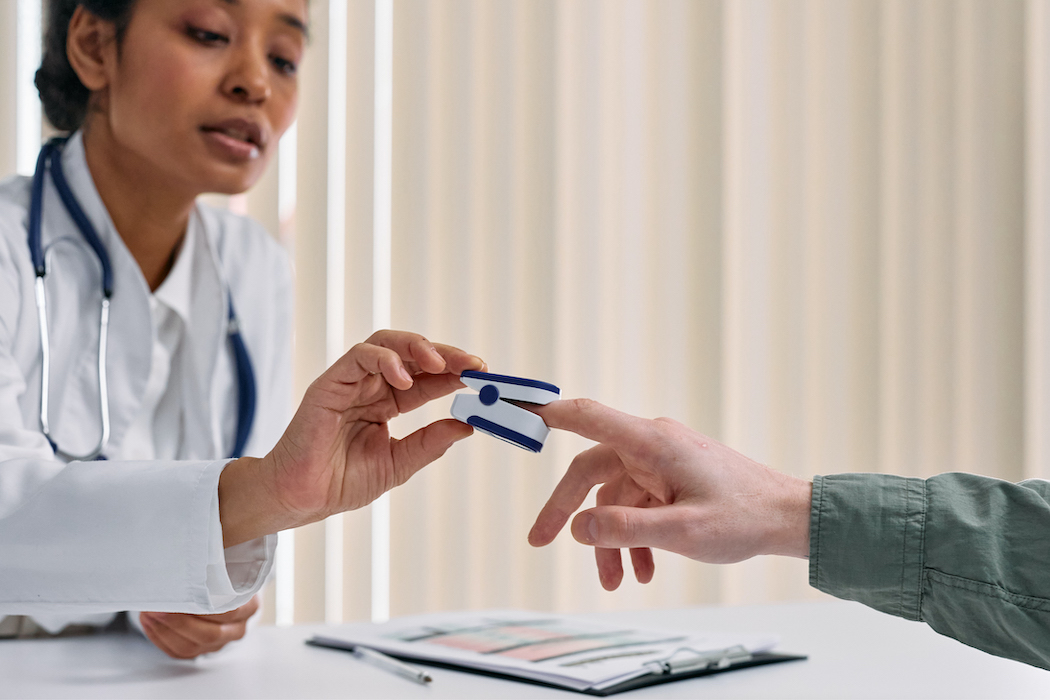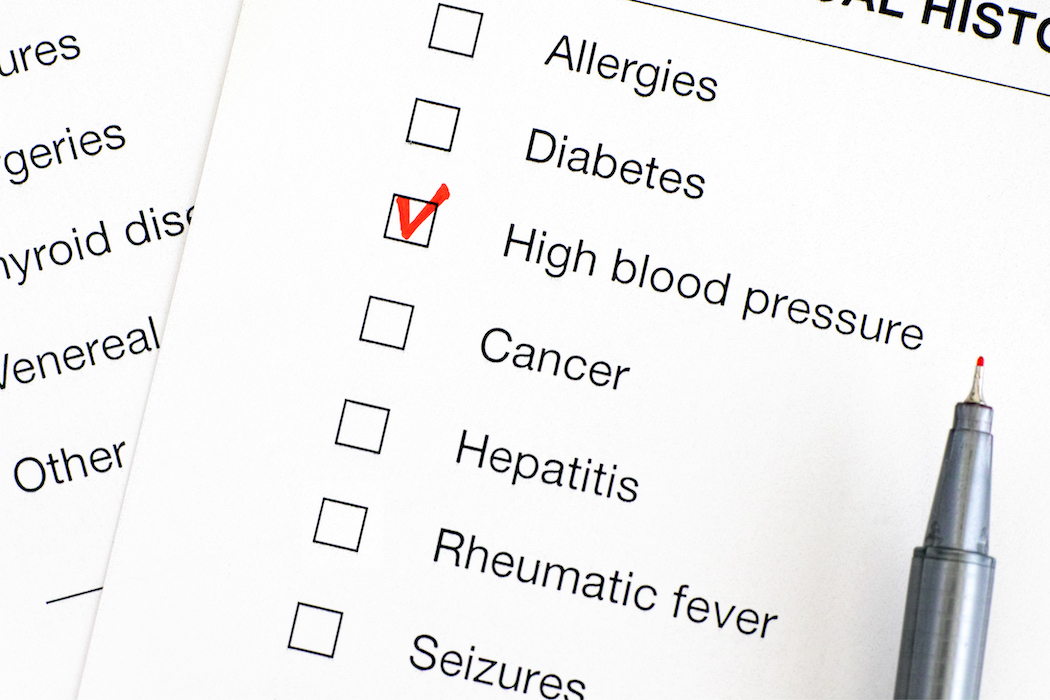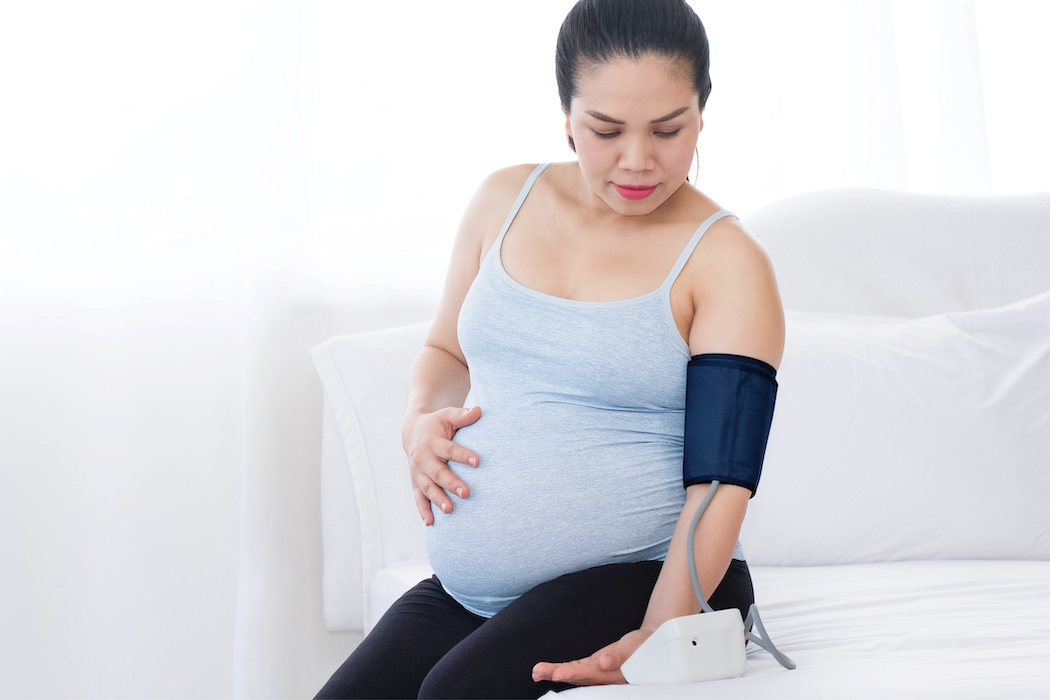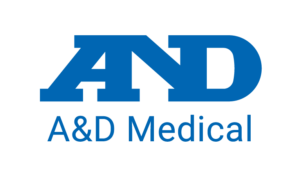5 Reasons to Monitor Your Blood Pressure at Home
When it comes to staying healthy, the more information you have, the better. That’s especially true when it comes to your heart. A 2018 study, found that at-home monitoring can help improve success rates for those looking to lower their blood pressure.
Even if lowering your blood pressure isn’t currently a goal, there are plenty of other reasons that monitoring your blood pressure regularly might be a good idea. Here are a few common reasons why you might want to track your blood pressure.
Diagnosed with high blood pressure
We’ll start off with the most obvious. If you’re diagnosed with hypertension, regularly monitoring your blood pressure should become part of your routine. Beyond helping to confirm a diagnosis, it can give you a clear picture of how you are doing with managing your blood pressure.
Double-checking potentially false readings
If you’ve ever felt your pulse race just thinking about a doctor’s office, you know that the in-office reading isn’t always an accurate reflection of your normal blood pressure. Monitoring your blood pressure at home can help to identify “white coat hypertension” or (on the other end of the spectrum) “masked hypertension.”
Starting high blood pressure treatment
High blood pressure treatment is, sadly, not one size fits all. That means that there can be some trial and error when it comes to finding what works best for you. That could be a change to your diet, exercise, or medication. The best way to figure out what’s working for you is to keep track of your blood pressure.
At high risk for high blood pressure or other related conditions
Knowing your family’s health history can lead to a better understanding and management of your own health. A history of heart health issues could mean that you’re more at risk for hypertension or other conditions. Autoimmune diseases, such as diabetes, can also put you at higher risk for developing hypertension.
Check for pregnancy-induced hypertension and/or preeclampsia
Make sure monitoring your blood pressure is at the top of your baby-prep list. Even if you don’t have a history of high blood pressure, pregnancy takes a toll on the body and can result in gestational hypertension or a more serious and potentially life-threatening condition known as preeclampsia.
What is best for you
Of course, the best reason to monitor at home is because it is what works best for you and your health. If you think you might benefit from regular, at-home blood pressure monitoring speak with your doctor. They can help you create a routine and plan that makes sense for your health history and goals.
